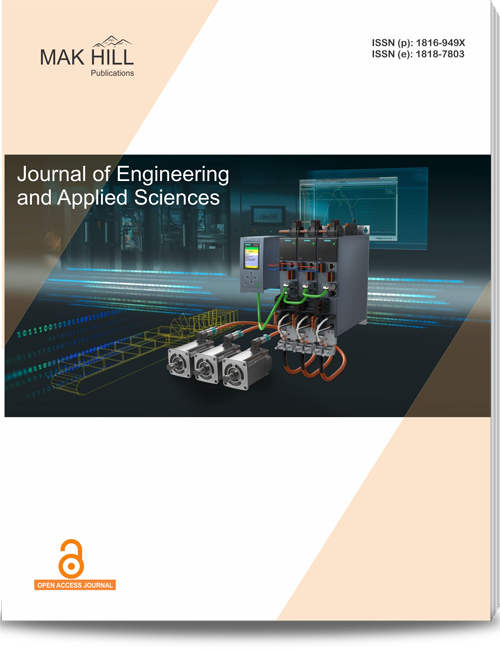
Journal of Engineering and Applied Sciences
ISSN: Online 1818-7803ISSN: Print 1816-949x
Abstract
Access to education is one of the highest priorities on Uganda’s development agenda. To achieve the national development goals, non-formal adult education is increasingly being used as an essential tool for the extension of literacy for development across all sectors. Government caters for non-formal education largely for children who still do not access education for various reasons such as social, economic and environmental. These children include; over age, children in pastoral areas and fishing villages and those in labour who are too old to return to school. Several initiatives have been undertaken by government in collaboration with other stakeholders with a view to enable the out of school youth benefit from education through alternative education delivery modalities. Apart from “non-formal education for children and youths”, several adult education programmes and activities in Uganda are in place. These contain a vital and significant educational component consisting of such elements as vocational training in various skills, artistic activities including theatre and drama, extra-mural studies, community development and club activities, various mass mobilisation programmes for general or specific adult groups and varied forms of extension work. This study is a review paper about how nationalistic values contribute to the development of education, especially, non-formal adult education which in turn is believed to contribute to national growth and development.
How to cite this article:
Wamaungo Juma Abdu and Achmad Hufad. Developing Education Based on National Values:
A Case of Non-Formal Adult Education in Uganda.
DOI: https://doi.org/10.36478/jeasci.2018.472.477
URL: https://www.makhillpublications.co/view-article/1816-949x/jeasci.2018.472.477